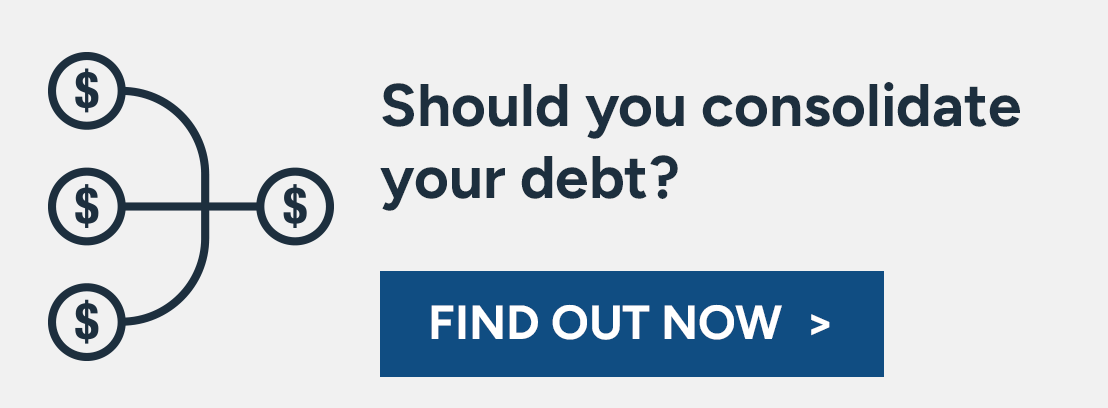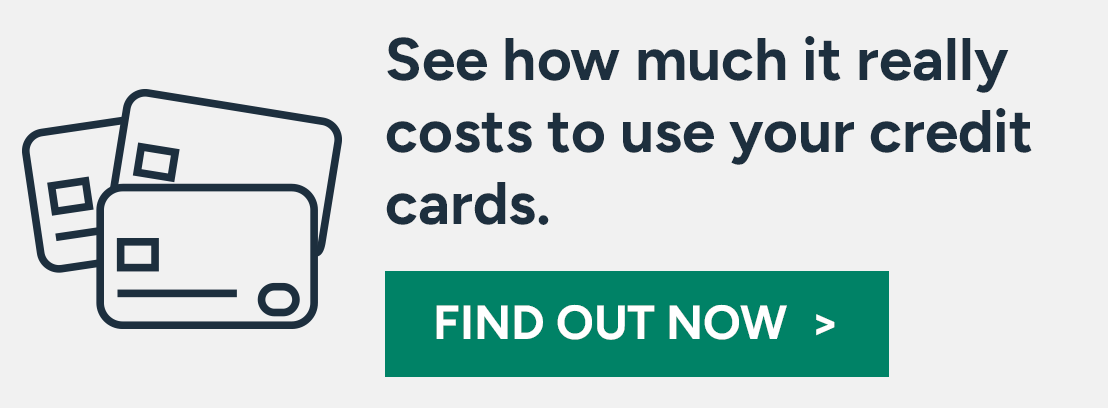Can Consolidation of Debt Affect My Credit?
Consolidation of debt can impact your credit in various ways depending on how you go about it. When you consolidate debts through a debt management program such as the one offered by American Consumer Credit Counseling (ACCC), a notation initially appears on your credit report that you have enrolled in a debt management plan. This demonstrates to anyone reviewing your credit report that you are actively trying to pay off your debts instead of neglecting your payment responsibilities through either filing for bankruptcy or debt settlement.
If you’re debating whether to file for bankruptcy or proceed with the consolidation of debt, bankruptcy should be considered only as a last resort. That’s because the effects on your credit report are long-lasting. A bankruptcy stays on your credit report for up to 10 years from the date of filing. Bankruptcy can also prevent you from receiving new credit and being hired for certain jobs. If you do qualify for a loan, the interest rate can be much higher.
Choosing debt settlement over consolidated credit can also harm your credit rating, because a debt settlement company usually recommends that you stop making payments and save cash. The debt settlement company uses your savings to negotiate lump-sum settlements with the creditors. More creditors are immediately suing debtors when they’re contacted by a debt settlement company, which can lead to property liens and wage garnishments and cause further damage to your credit.
Of the methods to consolidate credit, a debt management program gives you the better chance of protecting your credit rating.
Ensuring that Consolidation of Debt Improves Your Financial Future
Simply deciding to find a program for consolidation of debt and signing up for the program aren’t enough to improve financial prospects. Once you’re committed to the program, there are a few things you need to do to ensure that you are successful:
- Make your payments on time. Late payments, even in programs that consolidate bills can result in your creditor dropping you from the program.
- Adhere to your budget. This allows you to make your payments on time.
- Monitor the progress on your credit accounts.
- Avoid opening new lines of credit. The key to financial freedom is living within your means, so changing the behaviors that led to your consolidation of debt is a priority. Adding more debt that you cannot repay damages your credit even more.
Turn to ACCC for Effective Consolidation of Debt
Are you asking yourself, “Should I consolidate my debt?” If your answer is “yes,” or you’re not sure, contact ACCC for more information about our programs for consolidation of debt. One of our experienced credit counselors will evaluate your situation to help you decide whether our debt management program is right for you.
In addition to credit counseling and debt management, we also provide housing counseling, financial education, and consumer bankruptcy counseling.




